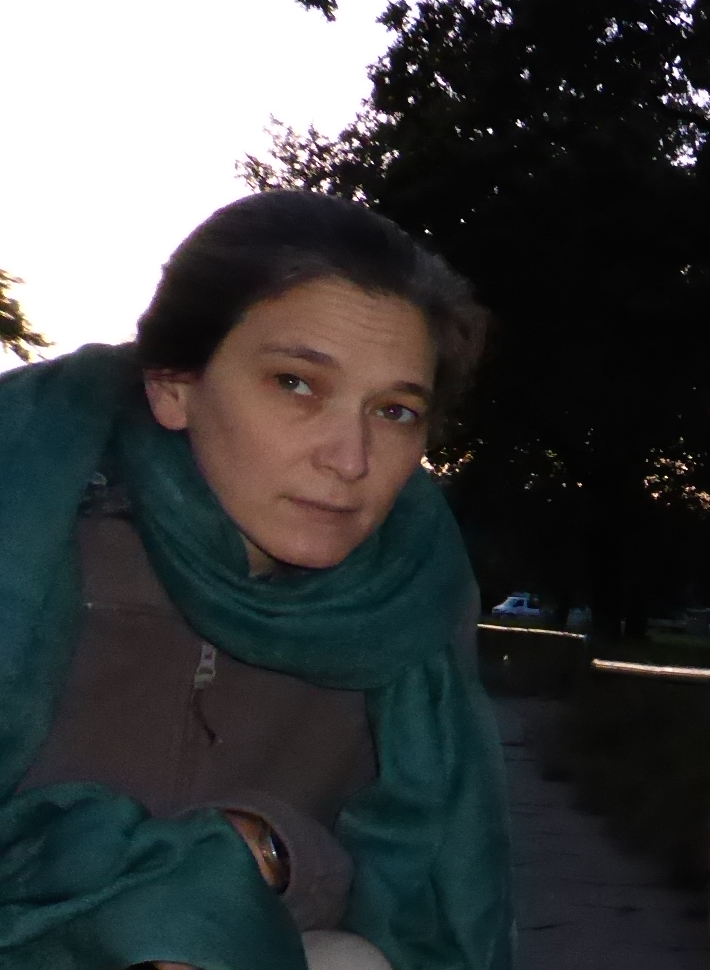Knowledge and Goodness: A Buddhist-Platonic Alternative
-
Amber Carpenter, Philosophy, Yale-NUS University
Coach House, Green College, UBC and livestreamed
Tuesday, March 29, 5-6:30pm, with reception to followin the series
Cecil H. and Ida Green Visiting Professor -
-
Buddhist and Platonic ethics share a perspective that sets them apart from familiar moral theories, including those inspired by ancient Greek ethics. For Plato as for the Indian Buddhists, the primary moral task is to transform oneself radically—and for each the primary mechanism for doing so is knowing reality. Moreover, unlike Aristotle, this knowledge which transforms us is not, in the first instance, knowledge of what to do, but rather knowledge of impersonal reality. Orienting ourselves towards knowing an impersonal reality enables both Buddhism and Platonism to offer radical critique of our ordinary lives and everyday measures of good and bad. And their diametrically opposed conceptions of what knowing itself is like present us with alternative conceptions of how exactly such an impersonal idealism might transform the soul.

Amber Carpenter is an Associate Professor of Humanities (Philosophy) at Yale-NUS University. Amber has held/taught visiting research appointments at the universities of Cornell, Melbourne, Oxford, St. Andrews, Yale and York, and recently completed a fellowship with the Beacon Project. Learn more about her curent, international grant-funded project on Buddhism Platonism here.Amber will also be presenting another talk—"Epistemic Ideals and Moral Transformation"—in the Department of Philosophy on Friday, April 1, 3-5pm in Buchanan A room 201. This Philosophy-hosted Friday talk is open to all UBC students and staff.

-
Unless otherwise noted, all of our lectures are free to attend and do not require registration.
6201 Cecil Green Park Rd
Green College, UBC
Vancouver, BC V6T 1Z1
Canada
Custom Lecture Fields
|